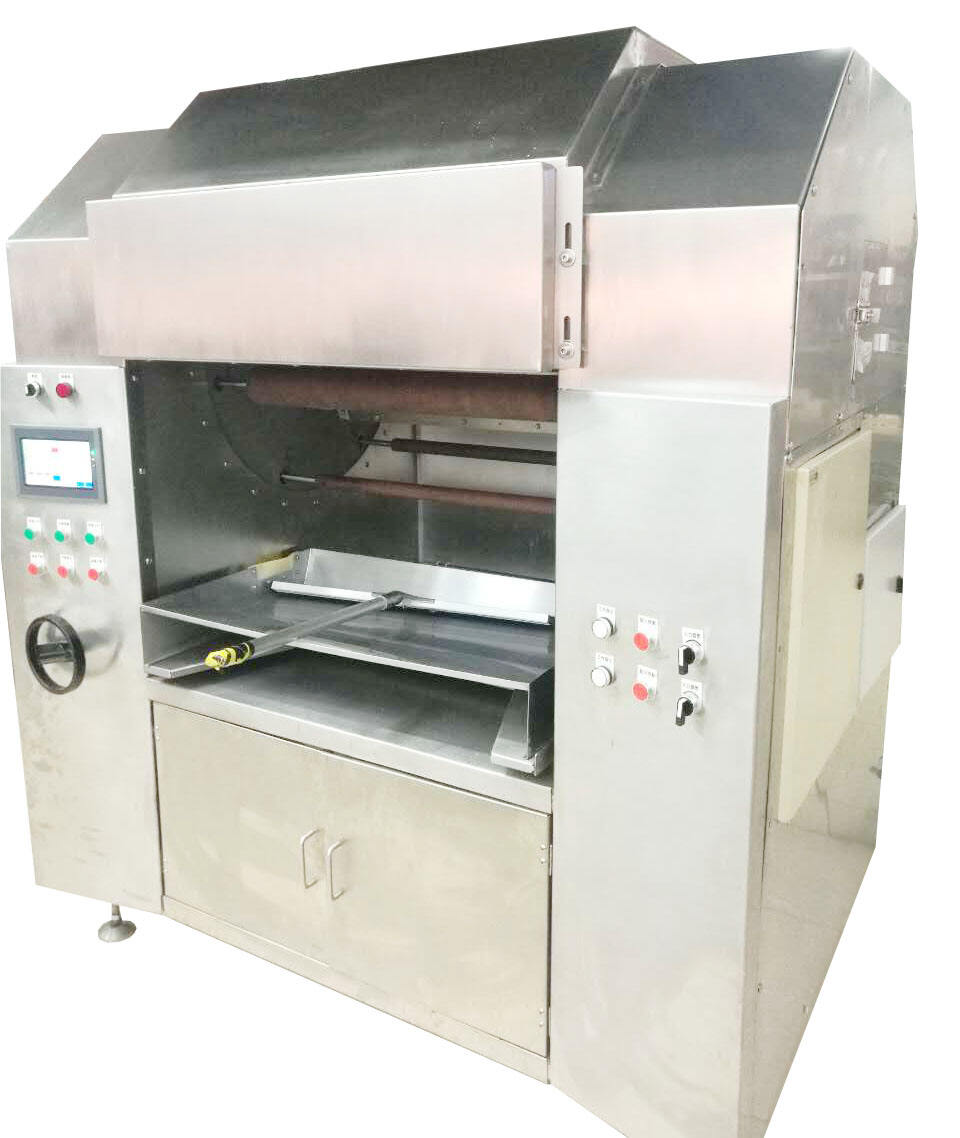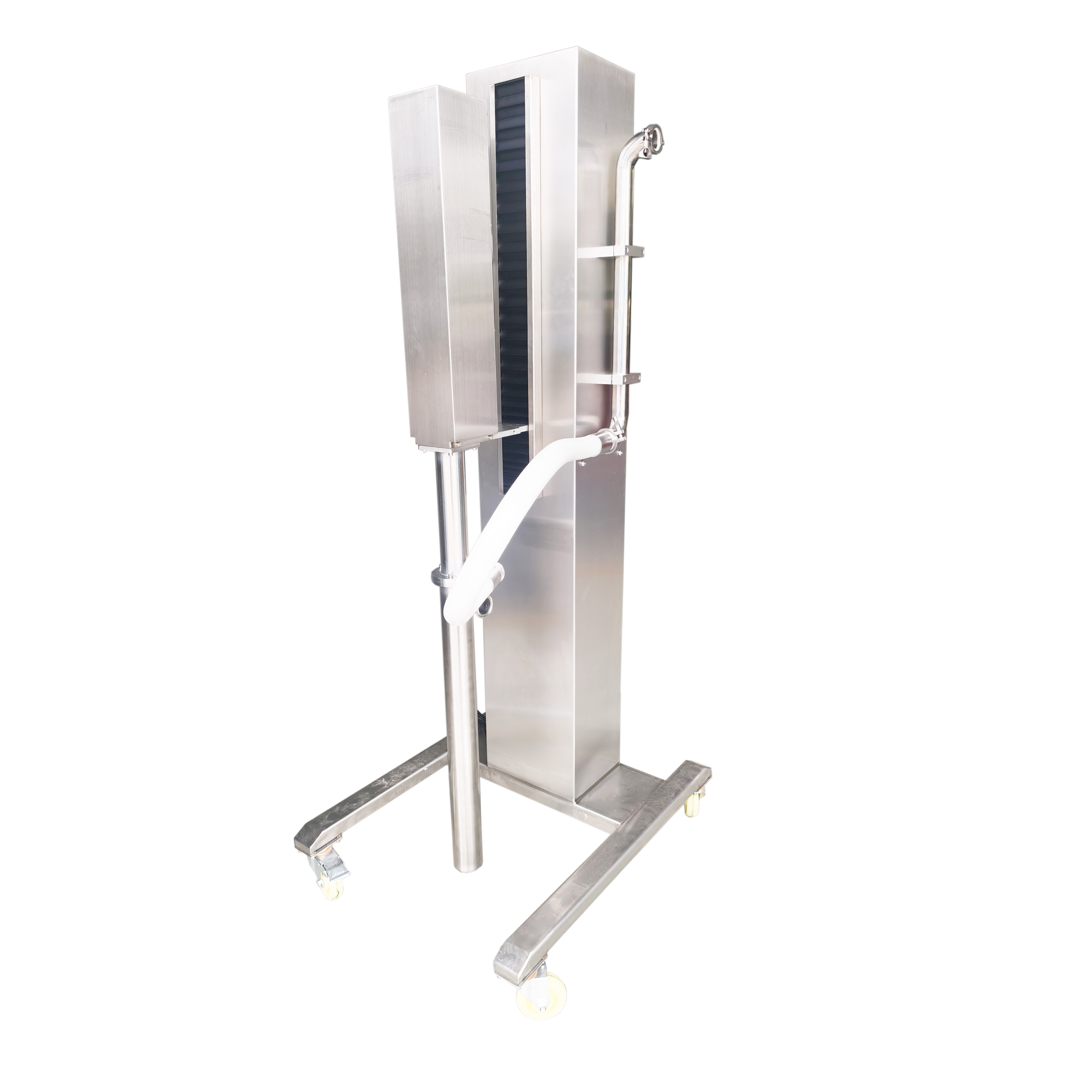baking machines
Baking machines represent the cornerstone of modern commercial and industrial baking operations, offering comprehensive solutions for producing various baked goods with precision and efficiency. These sophisticated pieces of equipment combine advanced heating technology, precise temperature control systems, and automated processing capabilities to ensure consistent, high-quality results. Modern baking machines feature digital control panels that allow operators to program and monitor multiple baking parameters, including temperature, time, and humidity levels. They incorporate innovative features such as multiple baking chambers, rotating racks, and steam injection systems, enabling the production of diverse baked products from bread and pastries to cookies and cakes. The machines are designed with energy-efficient heating elements that provide uniform heat distribution, ensuring even baking throughout the product. Advanced ventilation systems maintain optimal air circulation, while integrated safety features protect both operators and products. These machines can handle various batch sizes, making them suitable for both small bakeries and large-scale industrial operations. Many models also include programmable recipe storage, allowing quick transitions between different product types and maintaining consistency across production runs.


